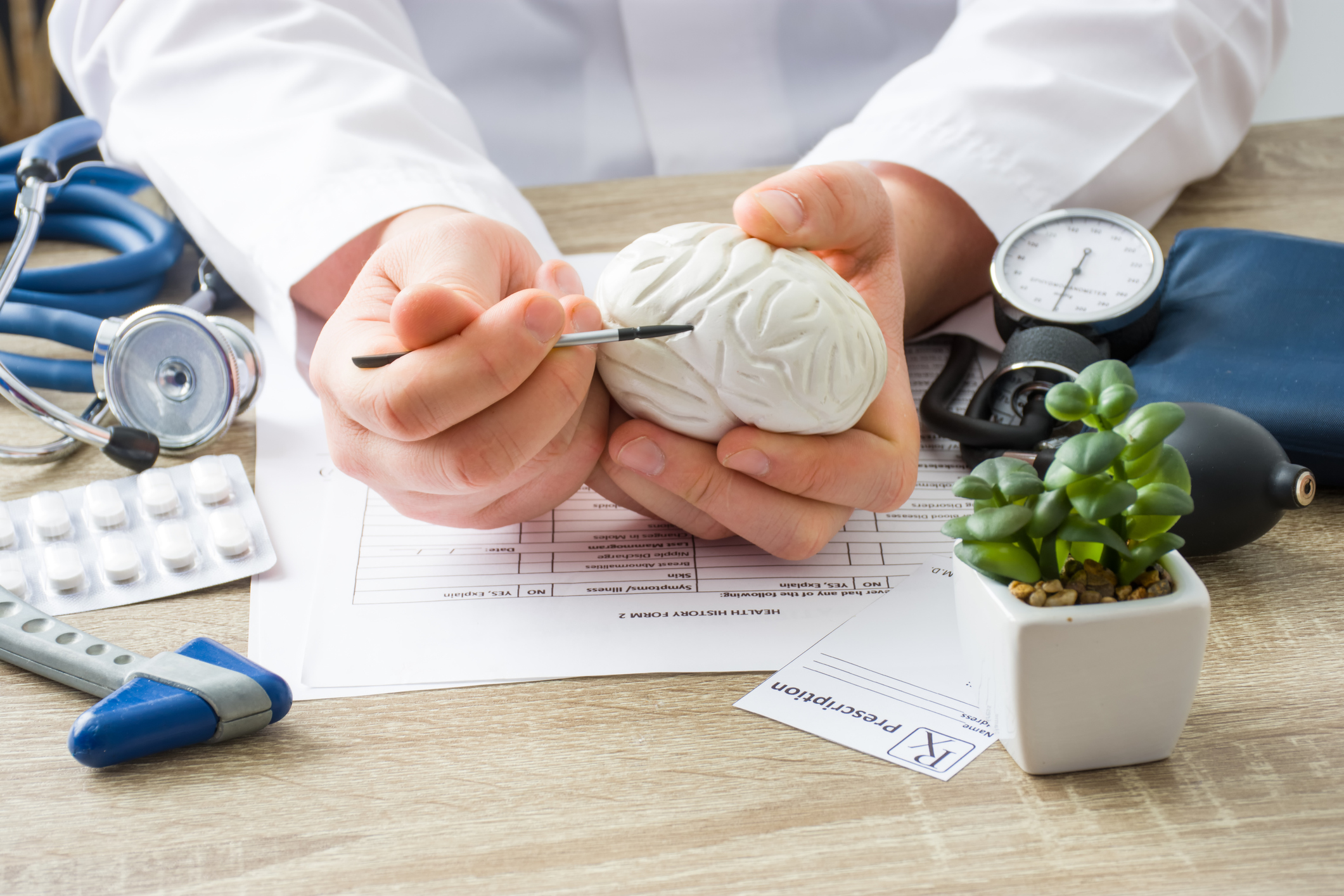Get Easy Health Digest™ in your inbox and don’t miss a thing when you subscribe today. Plus, get the free bonus report, Mother Nature’s Tips, Tricks and Remedies for Cholesterol, Blood Pressure & Blood Sugar as my way of saying welcome to the community!
When stroke triples the risk of dementia

About 795,000 people experience a new or recurrent stroke every year. The blood is cut off to an area of their brains, killing off the cells.
What’s worse, the physical and chemical changes caused by a stroke mean the damage can continue even days after the initial event.
Stroke can cause speech damage, paralysis, limb weakness and even death. And even a mild stroke can have far-reaching effects. Previous studies have shown that stroke can raise your risk of dementia.
Researchers in Canada decided to dig deeper into this elevated dementia risk by examining data from stroke patients in Ontario. This is what they found…
Risk of dementia tripled first year after stroke
The researchers compared these stroke patients to two control groups: those who had not had a heart attack or stroke, and those who had had a heart attack and not a stroke. They evaluated the rate of new cases of dementia starting at 90 days after stroke over an average follow-up of 5.5 years. In addition, they analyzed the risk of developing dementia in the first year after the stroke and for up to 20 years after.
They found the risk of dementia was three times higher in the first year after a stroke. While risk did decrease after that, it remained 1.5-fold higher at the 5-year mark and was still elevated 20 years later.
The study also showed dementia occurred in almost 19 percent of stroke survivors over the average 5.5-year follow-up period. The risk of dementia was 80 percent higher in stroke survivors than in the population who had experienced neither heart attack nor stroke, and 80 percent higher than in the group who had experienced heart attack but not stroke.
For those who experienced an intracerebral hemorrhage, or bleeding in the brain, dementia risk was 150 percent higher than for those who experienced neither heart attack nor stroke.
“Stroke injures the brain including areas critical for cognitive function, which can impact day-to-day functioning,” says lead study author Dr. Raed Joundi, a professor at McMaster University in Ontario. “Some people go on to have a recurrent stroke, which increases the risk of dementia even further, and others may experience a progressive cognitive decline similar to a neurodegenerative condition.”
Reduce the risks of stroke and dementia
Joundi says the study findings “reinforce the importance of monitoring stroke sufferers for cognitive decline, instituting appropriate treatments to address vascular risk factors and prevent recurrent stroke, and encouraging lifestyle changes, such as smoking cessation and increased physical activity, which have many benefits and may reduce the risk of dementia.”
Diet is a great lifestyle factor to start with — and one diet hits it out of the ballpark when it comes to stroke…
A hybrid of the Mediterranean and DASH (Dietary Approaches to Stop Hypertension) diets known as the MIND diet (Mediterranean-DASH Intervention for Neurodegenerative Delay) has shown the ability to not only reduce the risk of stroke, to begin with — but to substantially slow the rate of cognitive decline in seniors who had previously suffered a stroke.
The secret may be that the MIND diet is plentiful in antioxidant-rich foods, which have been shown to reduce brain injury from stroke by reducing the nerve cell injury and cell death triggered by a stroke.
Those healthy foods include:
- 3+ servings a day of whole grains
- 1+ servings a day of vegetables (other than green leafy)
- 6+ servings a week of green leafy vegetables
- 5+ servings a week of nuts
- 4+ meals a week of beans
- 2+ servings a week of berries
- 2+ meals a week of poultry
- 1+ meals a week of fish
- Using olive oil in place of other fats
It also recommends cutting down on butter, cheese, fried foods, pastries/sweets and limiting red meat.
It’s essential to keep blood flowing, not only to avoid stroke but also to support your brain if you want to lower risks for dementia. The MIND diet seems to be rich in most nutrients that have been shown to do just that, including vitamin D, omega-3 fatty acids, resveratrol and nitric oxide.
Editor’s note: Did you know that when you take your body from acid to alkaline you can boost your energy, lose weight, soothe digestion, avoid illness and achieve wellness? Click here to discover The Alkaline Secret to Ultimate Vitality and revive your life today!
Source:
Risk of dementia was nearly three times higher the first year after a stroke — EurekAlert!














